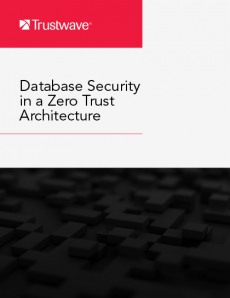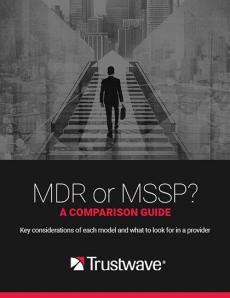CVE-2020-0696 - Microsoft Outlook Security Feature Bypass Vulnerability
During an investigation of a malware campaign, I discovered that multiple emails were bypassing a specific email security system. Interestingly, there were no bypass techniques used. Instead, the flood of spear-phishing emails made the email security system allow some of the emails, at which point I began my research on Microsoft Outlook. The issue in this case was that the specially crafted malicious link parsing on the security system was weak.






